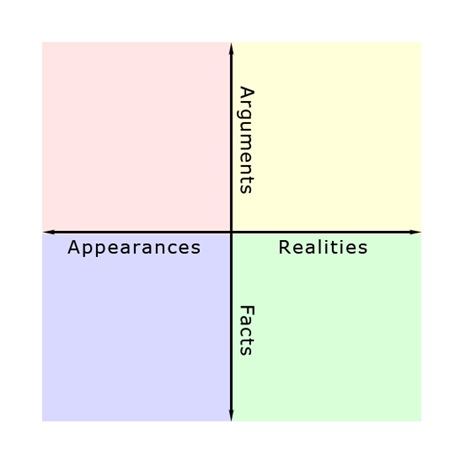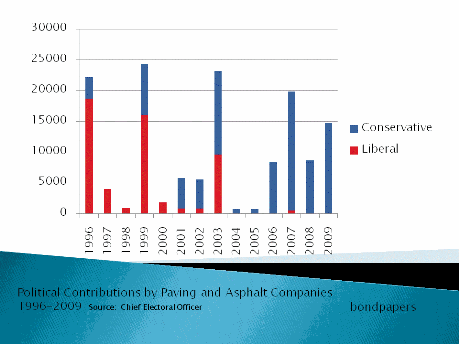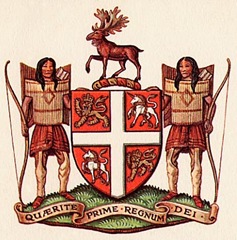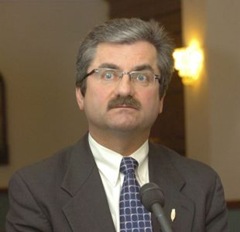One of the earliest posts among these e-scribbles dealt with a proposal – in 2005 – to rework the Colonial Building.
The plan was to fix the place up, set up some displays to “interpret” some parts of the province’s political history for visitors and turn the rest of the building into offices.
The plan is striking for its ability to reduce the significance of our historic seat of government to yet another mouldering artifact of the past. The language of this discussion paper is sterile: "The Colonial Building is one of the most significant heritage properties in Newfoundland and Labrador." It is said to have heritage character-defining elements.
The plan is also striking since a committee of government-appointed experts from government and the local arts, cultural and heritage associations has determined the fate of the building, now vacant with the absorption of the Provincial Archives of Newfoundland and Labrador into the bland collective known simply as The Rooms.
The Colonial Building is to be restored in some fashion and turned into offices for arts, cultural and heritage organizations in the province. There will be the obligatory charade of "stakeholder consultations", but the Colonial Building will continue to be what it has been since 1959 - home to yet another group of technocrats.
In 2005, the whole thing was supposed to cost a little over $3.0 million, with the bulk of that going to restoring the building.
The original post raised a few hackles on someone involved in the whole plan. He fired off some odd e-mails.
And then the whole plan vanished off the face of the Earth.
Like so many plans, strategies and other Great Initiatives of the current crowd what is running this place, people just stopped talking about it.
Stopped talking about it, that is, until the last day of announcements in the Summer of Love 2011 Great Orgy of Spending Announcements by the provincial Conservatives. These announcements have absolutely nothing to do with the pending election or the fact that the provincial government’s pollster is in the field this month.
Premier Kathy Dunderdale and federal intergovernmental affairs minister Peter Penashue pulled off a mega-announcement in St. John’s of federal and provincial cash totalling more than $60 million for three projects.
The two governments will get together with the City of St. John’s to drop $45 million into expanding the St. John’s Convention centre.
Another chunk of cash will go to turning an old industrial site in Paradise into a municipal park paradise sort of thing.
And the balance will go to the Colonial Building project.
There’s no dollar value on the Colonial Building project in the official news release, but odds are it is considerably more than the $3.0 million the whole thing was supposed to cost six years ago.*
Our plastic history, inordinate delays and massive cost overruns.
Plus ca change.
- srbp -
Holy Frack Update: According to the Telegram:
Premier Kathy Dunderdale also announced $8.6 million from the province (to be matched by the federal government) to complete the restoration and modernization of the historic Colonial Building, which used to house the provincial legislature and archives. That funding will be added to $4.4 million previously committed by the province and $625,000 from the federal government.
Clicking and clacking the old calculator gives us $22.225 million.
That would be seven and a half times the projected cost for the whole she-bang in 2005.




 A speech to Greater Houston Ministerial Association in September 1960, right, proved to be Kennedy’s definitive statement on the subject.
A speech to Greater Houston Ministerial Association in September 1960, right, proved to be Kennedy’s definitive statement on the subject. 
